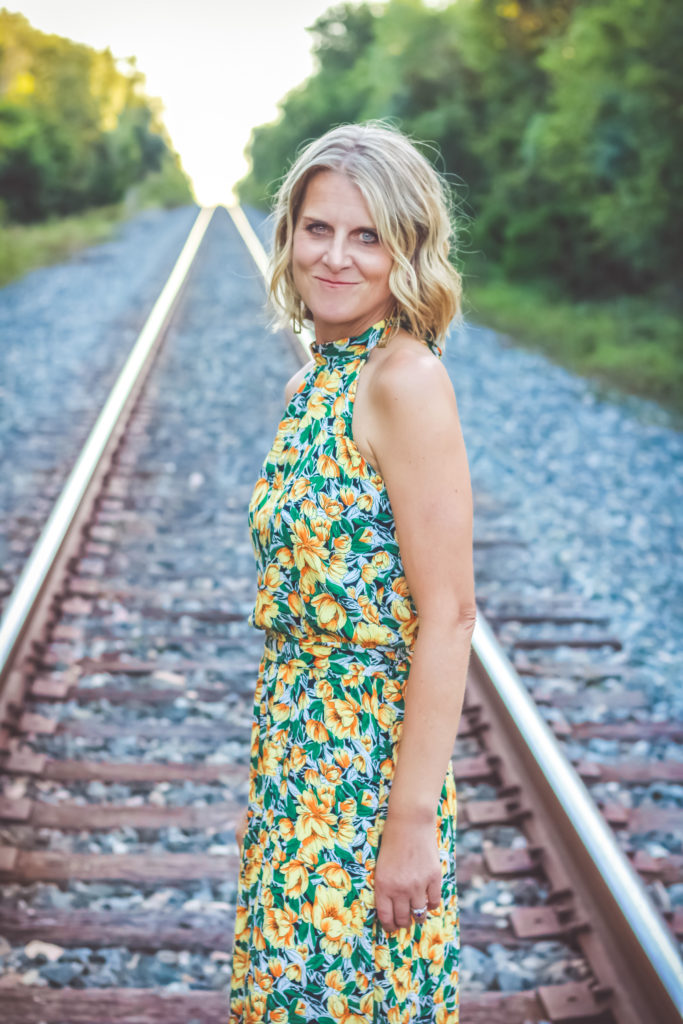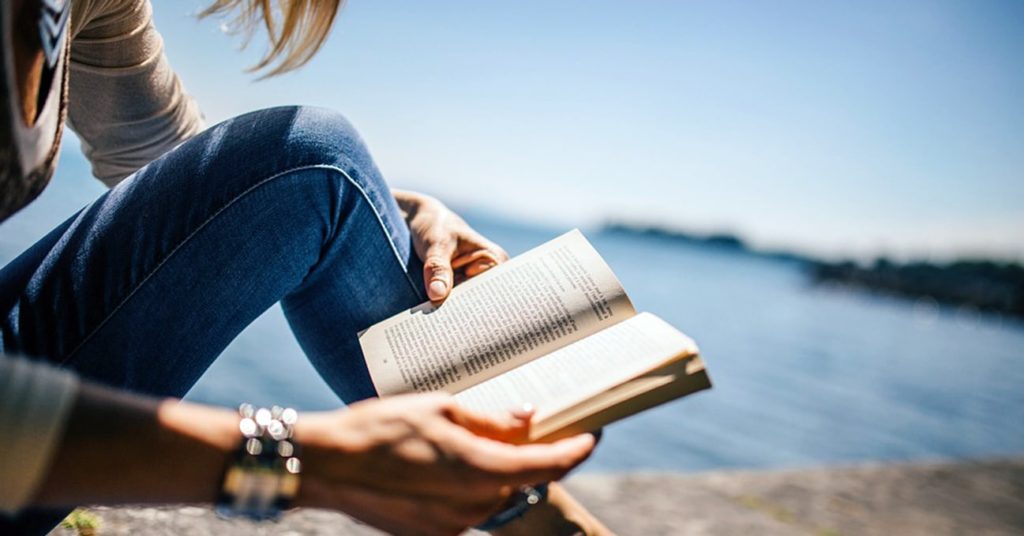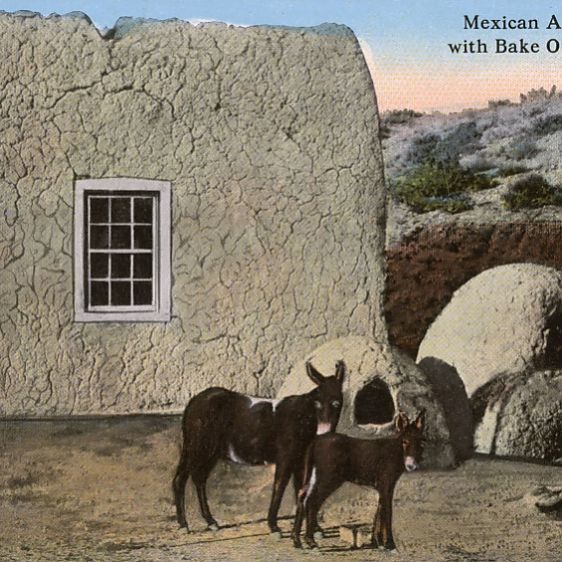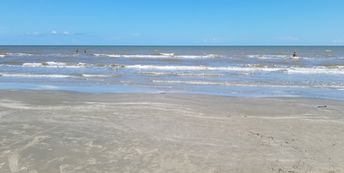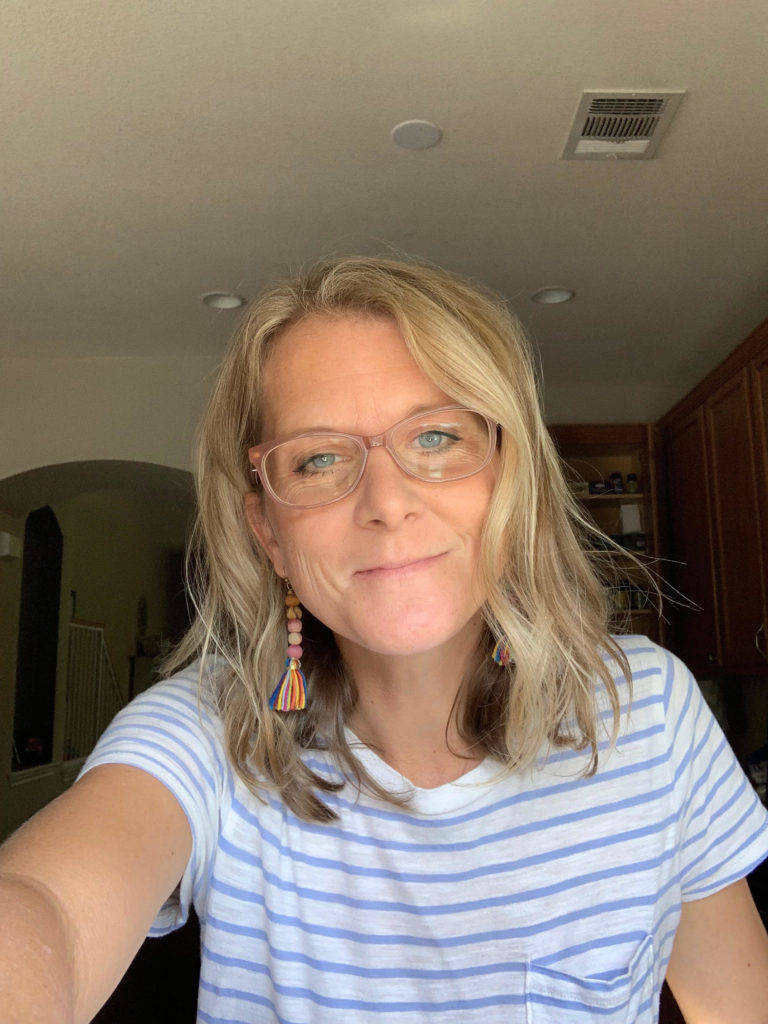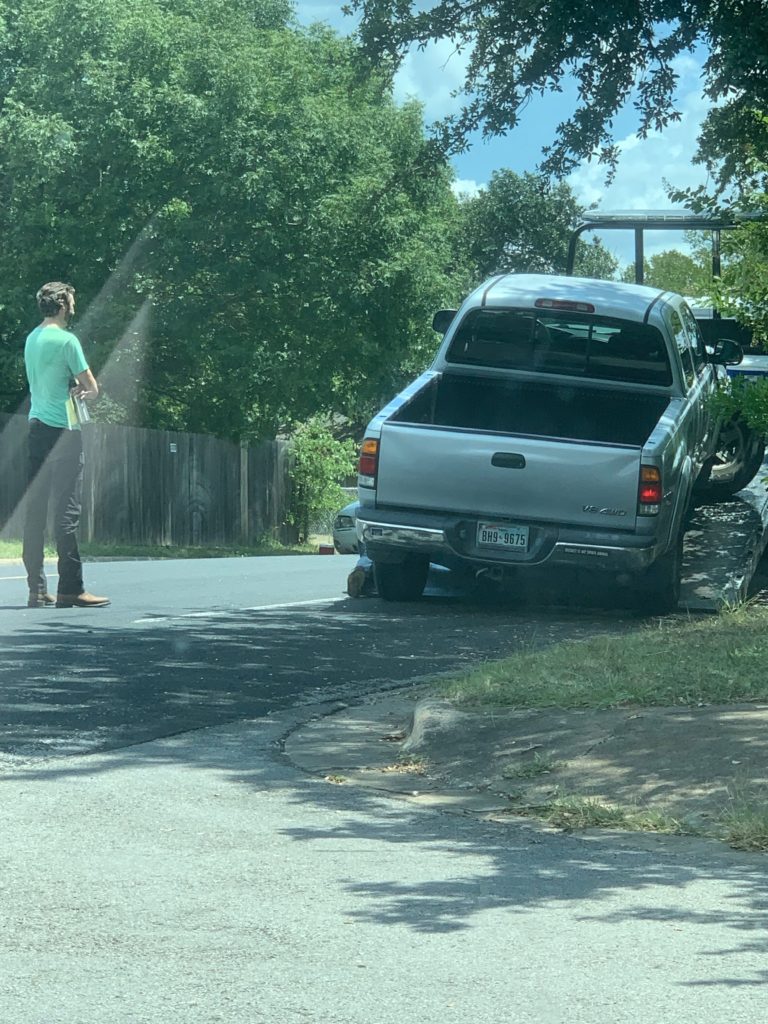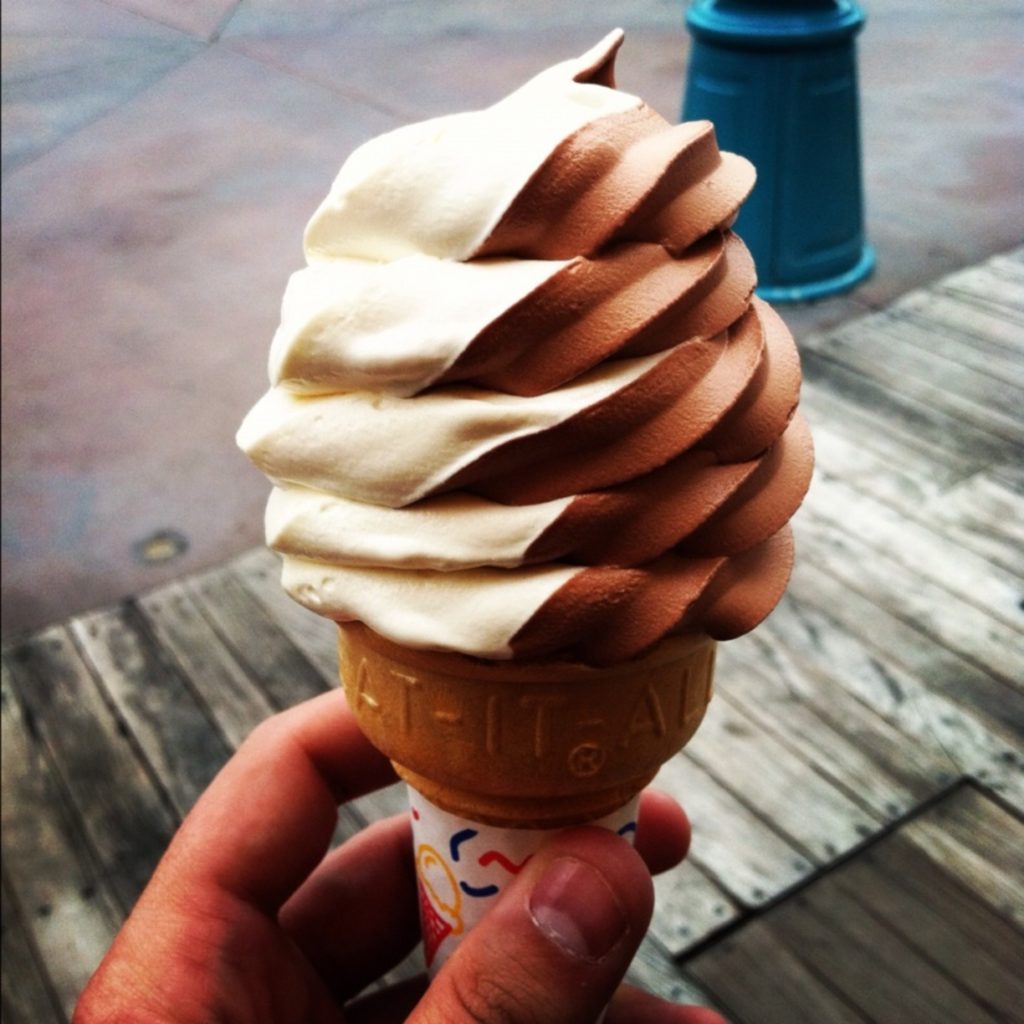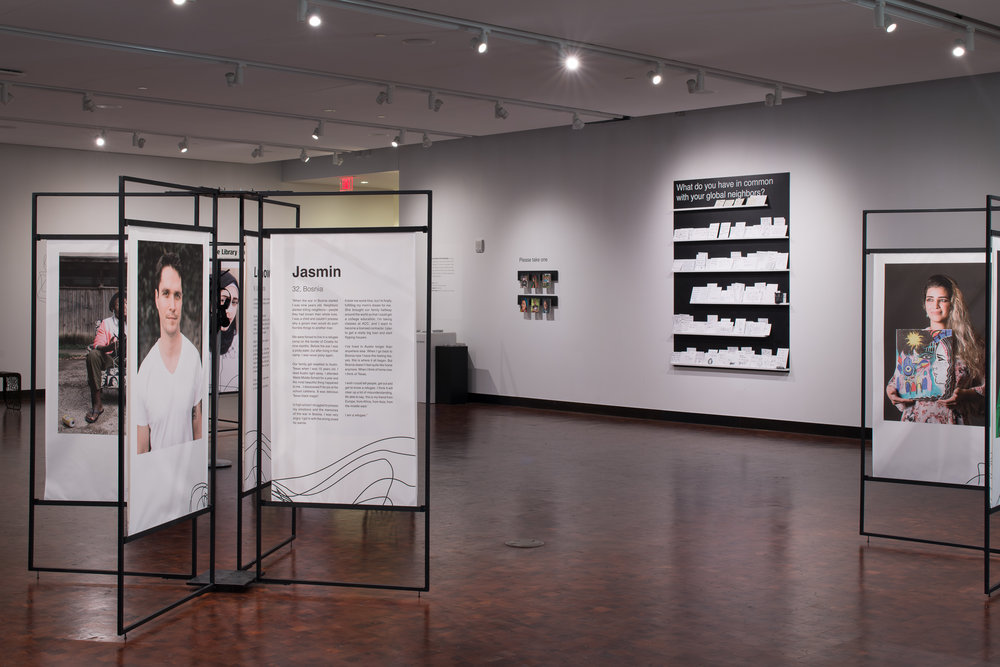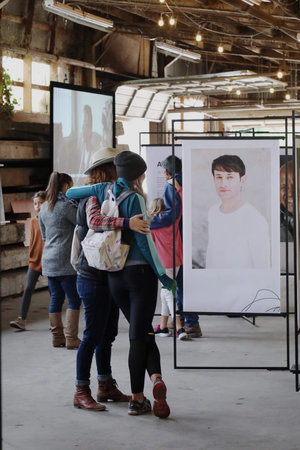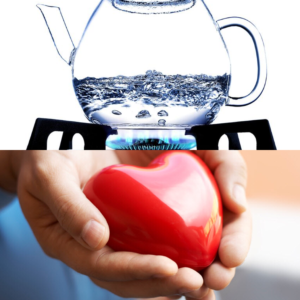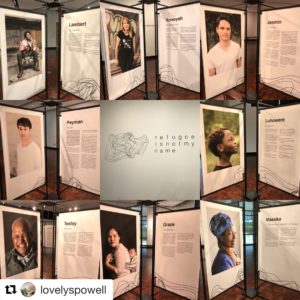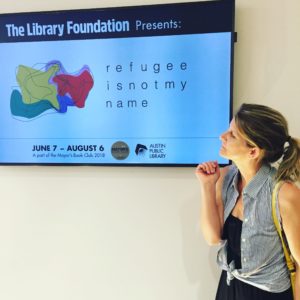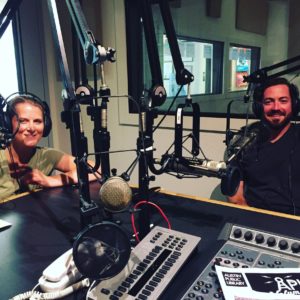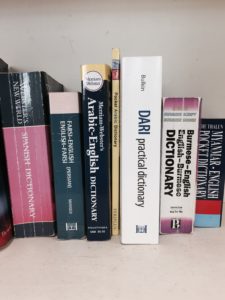Hi friends,
It’s been a while since I’ve posted a blog. I’ve been distracted by a writing project I hope to have completed this spring. And I’ve had my life shaken up a bit by some recent health challenges. Here’s a little literary life update. As always, thank you for being my readers and friends.
When I was 16, living in Philadelphia, I developed an autoimmune condition called Reynauds. When my body was cold, I lost blood flow to my fingers, toes and knees. Since then, I’ve battled Reynauds any time the temperature drops below 60. It’s been an irritating, often painful condition. Many times I’ve felt embarrassed when people have pointed out that my hands look blue. On more than one occasion I have shoved my swollen, blue hands into my pockets when someone wanted to take a photo together.
Fast-forward to my late thirties. I began experiencing flairs of join pain in my fingers, toes and elbows. So I added some DHA and other supplements to life and that seemed to take care of the problem for a time.
Then when I turned 40, the joint pain returned and it was intense. Some mornings I couldn’t walk very well on my feet…they just ached too badly. A few times I had to open doorknobs with my wrists. Typing on the computer was challenging, and as a dedicated writer, that scared me a lot. I knew something more serious was happening in my body, but I just didn’t know what. The pain was insistent that I pay closer attention.
This past summer B. Sterling and the kids and I spent a week at the beach in Galveston. It was a wonderful week of sun and swimming with my little family, but during that week, my joint pain was the worst it has ever been. My hands were swollen and felt as though I’d slammed them on concrete. My feet throbbed and ached constantly. I took Advil every four hours, just to be able to play on the beach with my kids. Not only that, it seemed that everything I ate wasn’t working for me. My whole digestive system was angry with me. And I felt a touch of depression lurking in the shadows. I couldn’t make sense of it all. I decided that when we went home to Austin I would get my blood work done right away.
So, in many ways, it didn’t come as a surprise then when the rheumatologist sat me down a few weeks later and said definitively that I have Rheumatoid Arthritis. She showed me my blood work and said my ANA antibody levels were some of the highest she’s ever seen. “Your immune system is attacking itself. And your Lupus indicators are very high. You don’t show the outward signs of Lupus, but you need to get on the medication that can control the RA and keep Lupus from manifesting.” It was really alarming information. Much weightier than I’d expected to hear.
Then the doctor did something I’ll never forget. She very gently reached out and took my hands in hers. She slowly touched my fingers at the joints. She pressed on the swollen tops. She turned over both hands to examine my palms, pressing each finger. It was a strange moment. I felt suddenly like a child, very vulnerable. Since I was 16 my hands have caused me pain when I’m cold. I’ve felt embarrassed of them, dismissive of them. But it’s also my hands that I write with. The very gifts God has given me are manifested through my hands. Every single day I jot down ideas for a poem or a story with my hands. When I write long-hand I remember my child self. Handwriting is a link to your inner child. My hands give life to the words in my heart. She looked at me and said kindly, “I would be able to tell from a mile away that you have Rheumatoid Arthritis. Your hands say it all.”
I left the doctor’s office in tears that day. I was scared by the RA diagnosis. But I also felt strangely seen. The weight of hiding the pain, discoloration and swelling in my hands was called out gently. The doctor and my body told me softly but intently, “It’s time to pay attention.”
That was this August. Since then I’ve eliminated all grains, dairy and most sugar from my diet. I’ve gone on a medication to control the RA and resist Lupus. For the first time in my life, I can hear my body. When I don’t eat inflammatory foods I feel amazing. When I do eat inflammatory foods my body hurts.
And more than ever I see my hands as beautiful. They’re more wrinkled every day. And some days they still ache. But they are the same hands that get it all done in this family. That cook, clean, wash, wipe away tears and write feverishly when the spirit hits me. And God willing they’ll bring you my first collection of poetry this spring.
Isaiah 41:13 For I, the Lord your God, hold your right hand; it is I who say to you, “Fear not, I am the one who helps you.”
